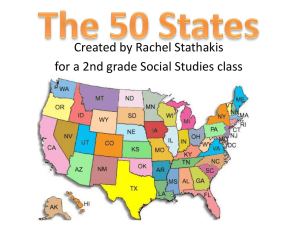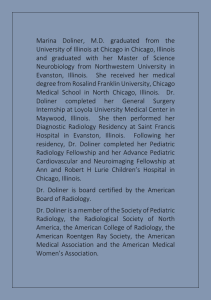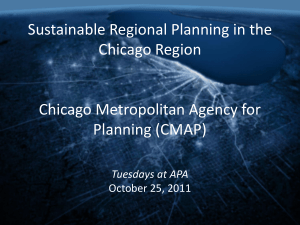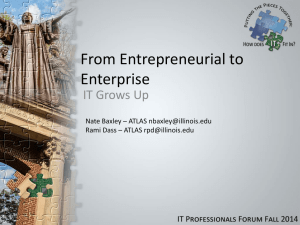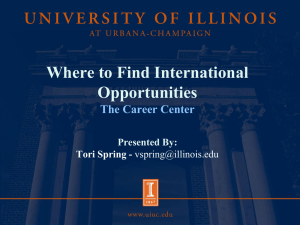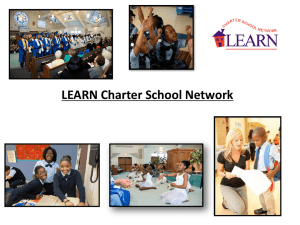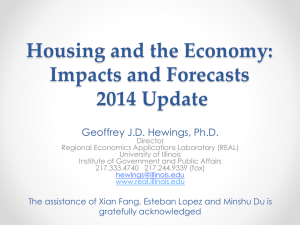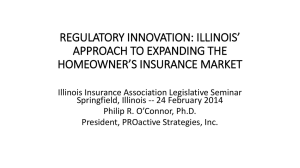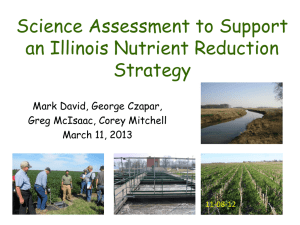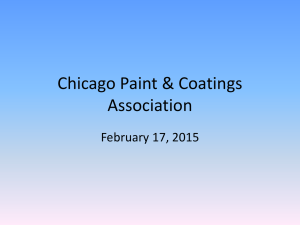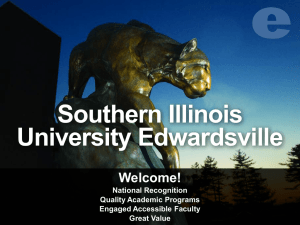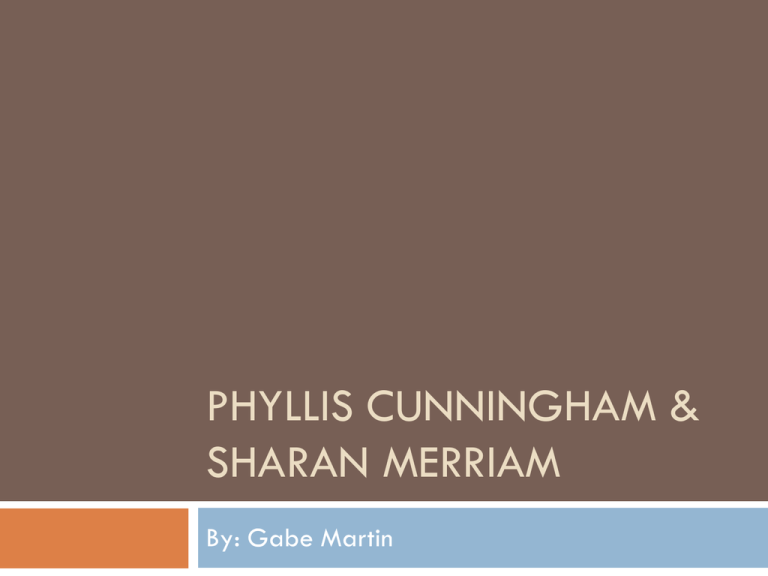
PHYLLIS CUNNINGHAM &
SHARAN MERRIAM
By: Gabe Martin
Phyllis Cunningham
Born November 10, 1927
As of 2002, she was Presidential
Teaching Professor at Northern Illinois University.
Education
In 1947, she graduated with a B.A. from Elmira
College.
In 1950, she earned a M.N. (Master of Nursing)
from Western Reserve University(Later Renamed
Case Reserve Univ.).
In 1960, she earned a M.S. (Master of Science) in
Nursing Administration from WRU.
In 1973, she earned a P.h.D. in the Department of
Education from the University of Chicago.
Working Life 1950-1997
Nurse Administrator at University Hospitals of Cleveland
Volunteer Staff Developer and Administrator in the Lake Erie Region, the Southwest, and the West Coast
1965-1968- Director, National Leadership Training Center, Pioneer Girls (Chicago)
1972-1974- Assistant Project Director, “National Study of Cost Benefit Relationships in Adult Education”
(University of Chicago)
1974-1976-Director, Study Unlimited, and Dean, Center for Open Learning, City Colleges of Chicago
1976-1977-Graduate Studies in Adult Continuing Education, Assistant Professor Northern Illinois University)
1976-1980-Associate Project Director, Regional Adult Education Services Centers
(Northern Illinois University)
1977-1982-Associate Professor (Northern Illinois University)
1982- Present-Professor, Graduate Studies in Adult Education (Northern Illinois University)
1986- Present-Assistant to the chair, Leadership and Educational Policy Studies Department
(Northern Illinois University)
1980-1988-Project Director, Regional Adult Education Service Centers (Northern Illinois University)
1996-1997- Project Director, “Bottom up Leadership Development through Participatory Research and
Study Circles”, Urban Community Service Program, Department of Education
Contributions
She is one of the first women in modern times to be
selected for key professional positions in adult
education.
With the help of some friends she established the
Urban Life Center.
http://www.youtube.com/watch?feature=player_d
etailpage&v=Ec0Rq0Gpb2o
Graduate program at Northern Illinois University
International perspective
Sharan Merriam
Born May 24, 1943 in New York, NY
Her father worked in insurance and her
mother was employed at a museum.
Education
1965- Drew University, B.A.
1971- Ohio University, Masters in Education
1978- Rutgers University, Doctorate in Education
Working Life
In1978, she began working as Assistant Professor of
AE at Virginia Polytechnic and State University.
In 1981, she started as Associate Professor at
Northern Illinois University.
In 1985, Merriam began working as Professor of
Adult Education at the University of Georgia.
Ideas on Learning and Knowledge
-
Merriam was very conscious of the fact that our
ideas on learning and knowledge are culturally
bound.
This issue is addressed in her book Non-Western
Perspectives on Learning and Knowing (2007)
Certain questions are raised such as:
What is legitimate knowledge?
Who creates knowledge about others?
How is knowledge transmitted?
What is the Role and Responsibility of
Adult Education?
There are five over-arching ideas behind the roles
and responsibilities attributed to AE:
1.
Create space and listen to voices
2.
Adopt a critical stance
3.
Attend to policy
4.
Develop partnerships
5.
Foster collective learning and action
1. Create Space and Listen to Voices
The system can be treated as more important than
the very people it was created to help.
At times, it can be helpful to be very direct.
Hmong refugees
2. Adopt a Critical Stance
“Change for a better society will not occur until the
status quo is scrutinized and challenged.”
Adult educators must question and be willing to
view problems in a multi-faceted manner.
http://www.youtube.com/watch?feature=player_d
etailpage&v=eEYIhulK8S0
http://www.youtube.com/watch?feature=player_d
etailpage&v=SnAyr0kWRGE
3. Attend to Policy
Public policy is of incredible importance to society.
Understanding public policy will better enable one
to relate to and work under the regulations of
society.
It is important for educators to become involved
with policy formation.
4. Develop Partnerships
AE will reach its fullest potential when partnered
with other people, groups, and organizations.
This partnership should range from governmentally
funded organizations to local grass-roots agencies.
Pooling of information
5. Foster Collective Learning and
Action
Once a community is established, it is very difficult
to stimulate further collective learning and action.
Educators must work hard to help the community
become vulnerable again, enabling creativity and
imagination to flourish.
http://www.youtube.com/watch?feature=player_d
etailpage&v=uWovoIexb2o
Contributions
Her book Learning in Adulthood, is used in graduate
study programs and also as a training guide for
adult educators.
She works as a mentor for up and coming scholars
throughout the world.
Her ideas on AE continue to
influence adult educators all over
the globe!
Achievements
She is a Fulbright Scholar to
Malaysia
Winner of the Houle World Award
for Outstanding Literature (3 times!)
Sources
http://www.halloffame.outreach.ou.edu/2003/Merriam.htm
l
http://en.wikipedia.org/wiki/Sharan_Merriam
http://www-distance.syr.edu/pvitasbm.html
http://www.halloffame.outreach.ou.edu/1996/cunnighm.ht
ml
http://www-distance.syr.edu/pvitapc.html
www.niu.edu/grow2/projdir/wordfiles/PhyllisCunningham.d
oc
Global Issues and Adult Education (2006)


